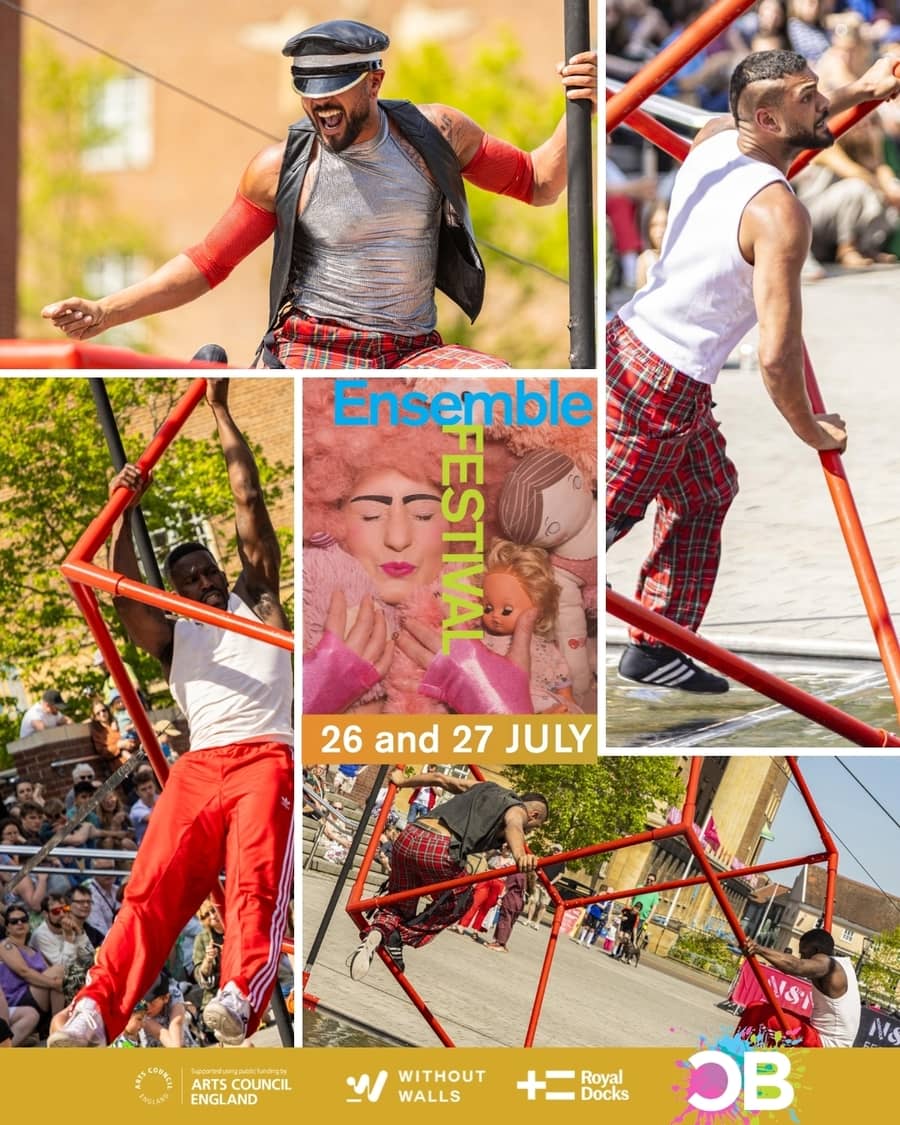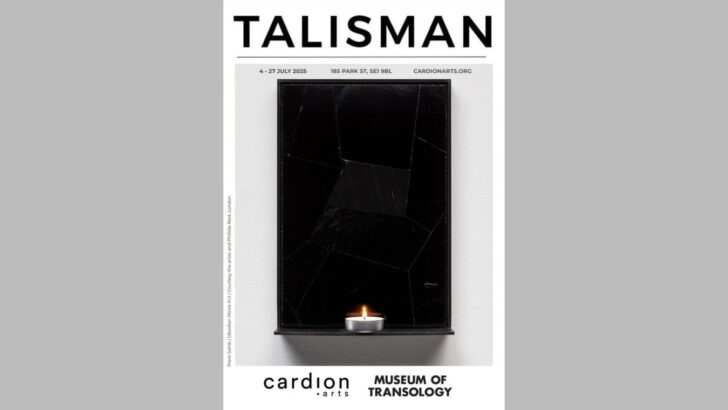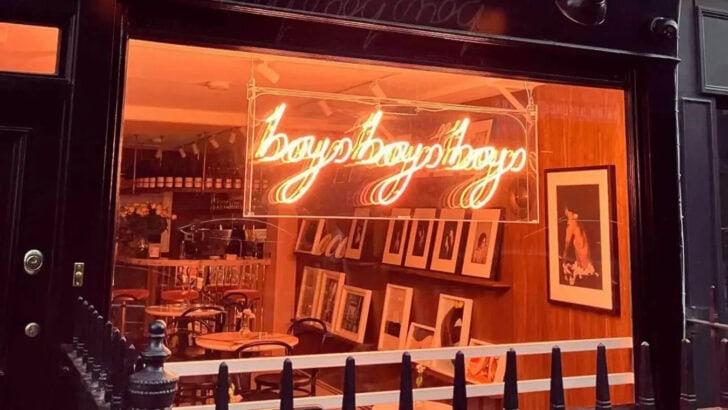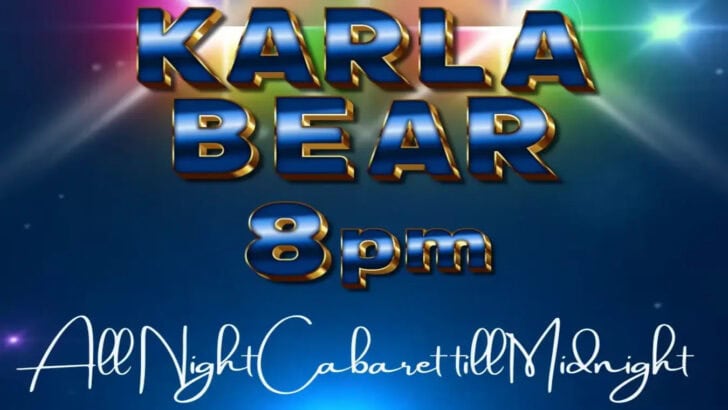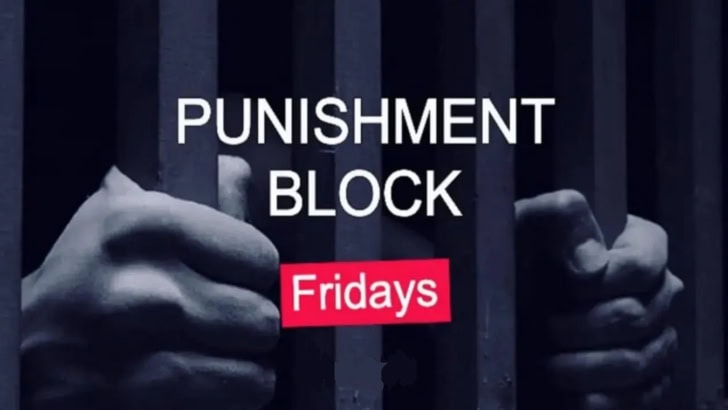Queer activist Irina Putilova (Ira) had to flee Russia for fear of state persecution. When she applied for UK asylum, she was placed into fast-track detention for removal. A protest group ‘Ira Must Stay’ has delayed the process for now. She speaks to QX about Russia, homophobia and having a refugee status…
By Patrick Cash
Where are you from in Russia?
Originally, I’m from a little city called Kaliningrad, which is on the border with Lithuania. I left seven years ago when I was twenty-one and moved to St Petersburg and there I was a LGBT and political activist.
What made you come to the UK to seek asylum?
Basically there were a few main reasons why I left Russia and among them first there was the homophobic law that you know about, the gay propaganda law, which is getting worse and worse every year. Then I faced a lot of prosecutions from the police as well, because of my activism. Also the level of nationalistic propaganda in Russia is very big at the moment, so if you are left-wing and LGBT then you can easily be beaten up by Nazis, so I didn’t feel safe and you can’t do anything there. LGBT people are always invisible there because of the political situation, because of the dictatorship, so I spent two years being unsatisfied and then it became critical and I left.
Because they were going to charge you?
Yeah, at the moment I’m in federal warranty, so I’m not actually allowed to leave Russia. I left illegally, I found a person who agreed to smuggle me into Belarus. There are some places where they don’t check papers on the small roads, so sometimes, if you know how, you can go by this way. From there, I took a flight from Minsk to London.
And what kind of activism were you involved with in St Petersburg?
It was mostly like political activism of different types, like actions and political performances, and all different things because I’ve been in political activism since 2009. Some of the actions were connected with queer issues but it was very difficult to speak about queer LGBT issues in general. Mostly it was political activism against all the different kind of parts of the regime – it was very different and varied, from education to anti-fascist issues. We made interventions in different places, like making scandals, making statements, legal and illegal demonstrations in support of different activists and we did an exhibition of queer underwear.
What was it like in the UK when you arrived?
When I landed at Heathrow I didn’t know anybody. The House of Brag had a discussion on Russian LGBT in June at their queer social centre, so there I met my first friends.
And where were you staying at the time?
Different places. Different squats. I found them just by meeting people and speaking to people. The first two weeks when I came to London I was in a different place every night.
How did the Home Office catch up with you?
I applied for asylum in London and after I had my asylum interview they decided to detain me.
How did the interview go?
People just asked me all information from my passport and information that doesn’t say anything about you. There was just one question to do with why I left Russia and you’re supposed to answer in a couple of sentences and that’s it. And that’s how they make a decision. So basically all this hour, this person was asking me all these facts, date of my birth, where I lived, all this factual information, nothing about me as a person but me as a piece of paper. And then, based on this information, they decided to put me on the fast track for detention.
When were they going to send you back?
They put me in so-called ‘removal centre’, the place from where people are usually sent back, so they probably wanted to send me back as fast as possible just to get rid of me.
Who organised the ‘Ira Must Stay’ protest?
I think there were a lot of people who did it, of my friends.
What do you think would happen if you were deported back to Russia?
First, I would be arrested on the border. Because I am not allowed to leave the country and I have a criminal case against me. Then, nobody knows because it is a dictatorship and everything could change very fast, and they could make up different things against me again. For sure it will be worse than it was before.
Do you think the international attention of the Olympics affected Russia in a positive way?
I don’t really believe that things will change. It will take a really big event for the situation to change in Russia. I mean yeah, sure, it’s cool that some people say not to come to Russia because of what’s happening, but at the same time people face homophobia every day in Russia everywhere and the problem is that it’s not just right-wing people, all people feel like that in general: people are very homophobic and nationalistic in Russia. It’s not particular people who are against LGBT, it’s society itself.
Why do you think that is?
Everywhere in Russia, people are quite nationalistic and most people don’t speak English so nobody actually reads in English and I think it’s important for the levels of education and how they look around them. Most people aren’t going to read the news and look out of Russia, so there is limited scope to get enough information to rethink their ideas.
“Russia is a very Orthodox country, you have to remember that, and they think that LGBT people are just evil, devils and come from Hell.”
Did you see the Dispatches documentary about gangs catching LGBT people in Russia?
No, I didn’t see it, but yeah, for sure that happens.
Do you think the anti-gay propaganda bill is in a way linked to Putin clinging to power?
It’s a dictatorship regime, so the whole ideology is going to be based on the idea of family and the national idea and traditional values and all these things. LGBT issues are not important and the way is to put the people against each other and against LGBT people. Russia is a very Orthodox country, you have to remember that, and they think that LGBT people are just evil, devils and come from Hell. It’s like altogether there are so many factors why Russian people are homophobic – because people actually support it, it’s not just Putin who decided to do the law. All these decisions made in Russia, they’re always based on people’s attitudes, because people think like that all the time, it’s very easy to bring this law and this propaganda because people already accept it. People are already homophobic, so it’s easy to plant something.
And what is your opinion of Russia as your mother country now?
I don’t know, there are some things that I really like about Russia and some things that I really hate, but I think that I want to respect myself and not to live in a place where everything is that bad. People get used to this feeling of being invisible, and being here I really understand the difference. I think that this is not going to change next year, so I would prefer to be somewhere surrounded by people who understand me rather than beat me up on the street.
But you’re enjoying life here?
Yeah, I’m okay, I just don’t enjoy being a refugee and asylum seeker because the UK Border system is very tough. I think I will feel even worse after my interview because I know how they treat LGBT people! So, yeah, it’s not great being a refugee, but it is a really special kind of place compared to Russia.


